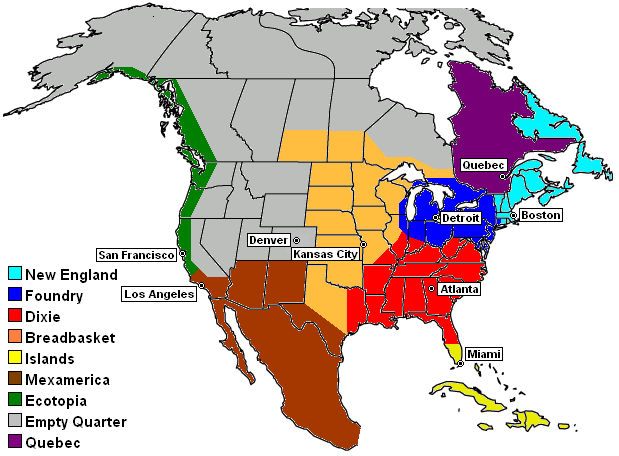Ontario also just recently announced they're going to miss their latest greenhouse gas reduction targets. And the single-biggest greenhouse gas producer in North America, the coal-fired power plant in Ontario, is getting a few more years of life.
Why Ontario and Quebec are spreading them and begging for more ambituous targets when they can't even make the current ones are beyond me.
Why Ontario and Quebec are spreading them and begging for more ambituous targets when they can't even make the current ones are beyond me.






Comment